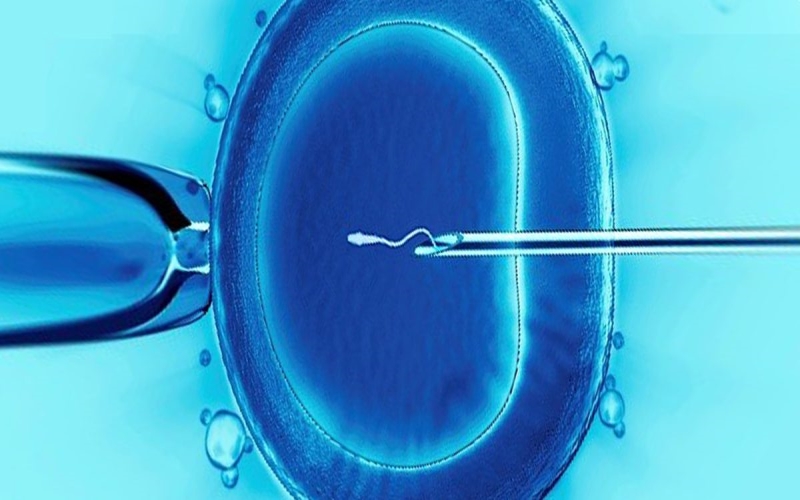Infertility is a deeply personal and often challenging journey for couples aspiring to start a family. For those who turn to assisted reproductive technologies such as in vitro fertilization (IVF), the process is already intricate and emotionally charged. However, the impact of mental health issues, particularly depression, and other health problems on the success of IVF is a dimension that requires careful consideration.
Depression, as well as other health issues, can significantly influence both the physiological and psychological aspects of individuals undergoing IVF. Understanding these dynamics is crucial for healthcare professionals, patients, and their support systems to enhance the overall well-being of those on this challenging path to parenthood.
The Interplay of Depression and IVF
The infertility journey itself can induce significant stress, and depression can exacerbate these emotional challenges. Research suggests that the stress associated with infertility and the IVF process may impact the success rates of treatment. High levels of stress can potentially affect hormonal balance, menstrual cycles, and even implantation. Depression is known to affect the endocrine system, including the delicate balance of reproductive hormones. The stress associated with depression can lead to disruptions in the release of hormones crucial for the IVF process, potentially impacting the quality of eggs and sperm as well as the success of implantation.
Depression may also influence the ability of individuals to adhere to the strict treatment protocols associated with IVF. The medications, injections, and frequent medical appointments can be overwhelming for those dealing with mental health issues. This non-compliance could, in turn, affect the success rates of IVF cycles. The emotional toll of depression can strain relationships, especially when couples are navigating the complexities of infertility. Effective communication and a strong support system are crucial during IVF, and when depression is present, the additional strain may impact the overall success of the treatment.
Other Health Problems and IVF
Obesity is associated with various health issues, and its impact on fertility, including the success of IVF, is well-documented. Higher body mass index (BMI) can affect the quality of eggs, disrupt hormonal balance, and reduce the chances of successful implantation. Moreover, obesity is often linked to insulin resistance, which may further complicate fertility.
Women with PCOS commonly face challenges in conceiving due to irregular ovulation. IVF is often recommended for individuals with PCOS, but the condition may influence the response to fertility medications and the overall success of the procedure. Careful monitoring and adjustment of treatment protocols are essential in such cases.
Endometriosis, a condition where tissue similar to the lining of the uterus grows outside the uterus, can impact fertility. IVF is often considered as a treatment option, but the severity of endometriosis may affect the success rates. Surgical interventions may be necessary to address anatomical issues before or during IVF.
Certain autoimmune disorders can affect fertility and may necessitate the use of IVF. However, the presence of these conditions may influence the immune response to embryos, impacting implantation rates. Close monitoring and, in some cases, immunosuppressive treatments may be required.
Strategies for Better Outcomes
The integration of mental health support alongside fertility treatments is crucial. A multidisciplinary approach that includes counseling, support groups, and collaboration between fertility specialists and mental health professionals can contribute to improved outcomes. Addressing lifestyle factors, including maintaining a healthy weight through diet and exercise, can positively influence fertility and enhance the success of IVF. Lifestyle modifications can be particularly relevant for individuals with obesity-related fertility challenges.
Recognizing the unique needs of each patient is paramount. Tailoring IVF treatment plans to account for mental health considerations, such as adjusting medication protocols or providing additional emotional support, can contribute to more positive outcomes. Providing comprehensive education about the potential impact of mental health issues and other health problems on IVF outcomes is essential. Informed patients are better equipped to make decisions about their care and actively participate in their fertility journey.
The interplay between depression, other health problems, and the success of IVF is complex and multifaceted. Recognizing and addressing these factors as part of a holistic approach to fertility care is essential for optimizing outcomes and supporting individuals and couples on their path to parenthood. By fostering open communication, providing comprehensive support, and tailoring treatment plans to individual needs. Healthcare professionals in IVF Turkey are always there for you and ready to contribute your positive and empowering fertility experience.


